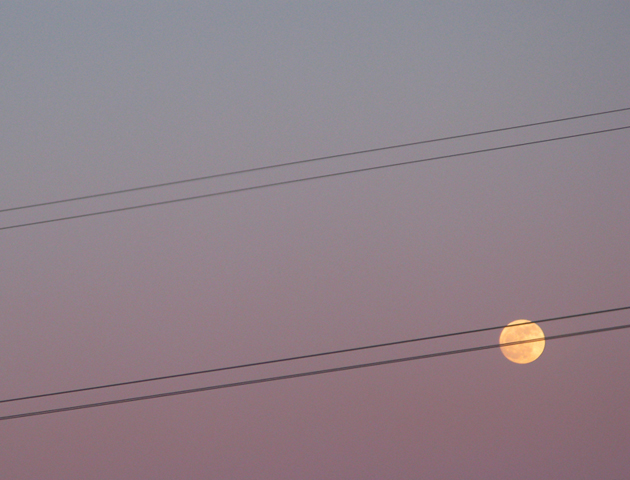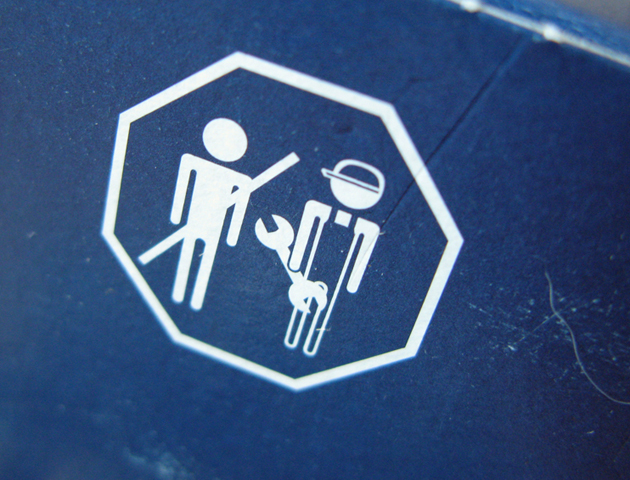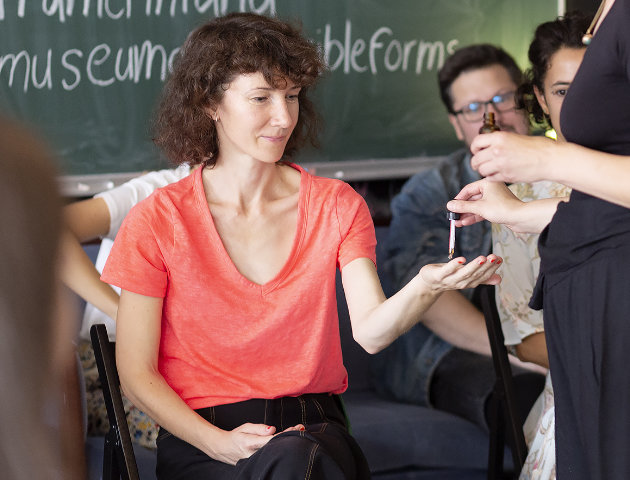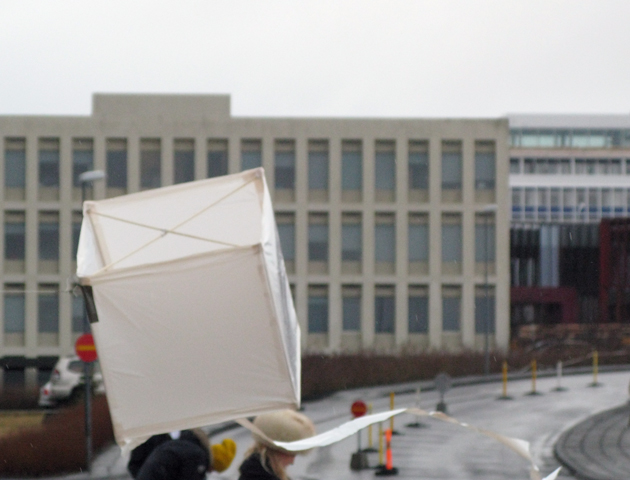Time: 5. December 2013 from 18.00-20.00 (GMT +2)
Place: Arkadia International Bookshop, Nervanderinkatu 11, Helsinki
Website: www.casepyhajoki.info
Facebook event: www.facebook.com/events/224488091054562/
Live stream and stream archive: bambuser.com/channel/pixelversity
‘Case Pyhäjoki – Artistic reflections on nuclear influence’ was a trans-disciplinary expedition and production workshop in Pyhäjoki, Northern Finland in August 2013 The sixth nuclear power plant (NPP) of the country is planned to be built in Pyhäjoki Hanhikivi cape. Case Pyhäjoki explores issues of nuclear power through creative and artistic methods.
Case Pyhäjoki program continues in Helsinki as a presentation and discussion event in Arkadia international bookshop. To start the event, Case Pyhäjoki project & documentations will be shortly presented by artists Mari Keski-Korsu and Andrew Gryf Paterson. This will be then be followed by a panel discussion by experts in the field of energy, as detailed below.
Four experts are invited into discussion with each other and the audience: Karoliina Auvinen (Naps Systems), Riku Eskelinen, (EKOenergy), Lauri Muranen (Finnish Energy Industries) and Rauli Partanen (writer of the book ‘Finland after oil’). Conversation will evolve around questions such as: Is it possible to reduce carbon emissions without nuclear power? What are the alternatives of nuclear power? What kind of energy production and consumption policies should be implemented in order to mitigate climate change? What makes us happy? The discussion forum is open for the audience to contribute at the time of the event, and questions&comments can be sent online beforehand via social media.
Introductions of the experts:
Karoliina Auvinen‘s key expertise consists of understanding reasons for climate change and other environmental problems from scientific, societal and individual perspectives. She currently works for solar panel systems company Naps Systems Oy. In her previous position as a senior lead in Sitra her work consisted of promoting market conditions and user-centered practices in the field of distributed renewable energy and resource efficiency in order to stimulate green business growth. The ultimate goal behind Auvinen’s professional aspirations is to avoid environmental destruction so that people can have a good life.
Riku Eskelinen is the coordinator of EKOenergy. EKOenergy is a network of European environmental NGOs promoting the use of sustainable electricity. Currently, there are 27 members, from 21 European countries. EKOenergy is also an ecolabel for electricity. The purpose of the ecolabel is to assist consumers in navigating the complex European electricity market. Eskelinen has also been active in politics as a member of environmental board of Helsinki city.
Lauri Muranen works for the Finnish energy industries by day. During the night he spends time being a parent to a very active 4 year-old girl, as well as further trying to develop understanding over most issues that affect our lives. He did his Bachelor’s and Master’s degrees in the UK. Before he started working in his current job (re: nuclear power), he worked with wind power issues at Motiva, as well as the geopolitics of energy at the Finnish Institute of International Affairs.
Rauli Partanen is an independent writer interested in energy, climate change, economy, welfare society and their internconnectedness. He is also a father and an entrepeneur. His first book “Suomi öljyn jälkeen” (/Finland after oil/), written together with Harri Paloheimo and Heikki Waris and published by Into Kustannus (04/2013), was nominated for both of the national non-fiction book awards – Tieto Finlandia and Kanava. The international adaptation, “World After Cheap Oil” is currently being written and translated to English, German, Spanish and Portuguese. Rauli’s next book will be about nuclear power and the public debate around it.
The presentation and discussion will take place mostly in English, but Finnish language questions and comments are also very welcomed. The event will be live video-streamed/archived for those located elsewhere in Finland than Helsinki, as well as for an interested international audience.



